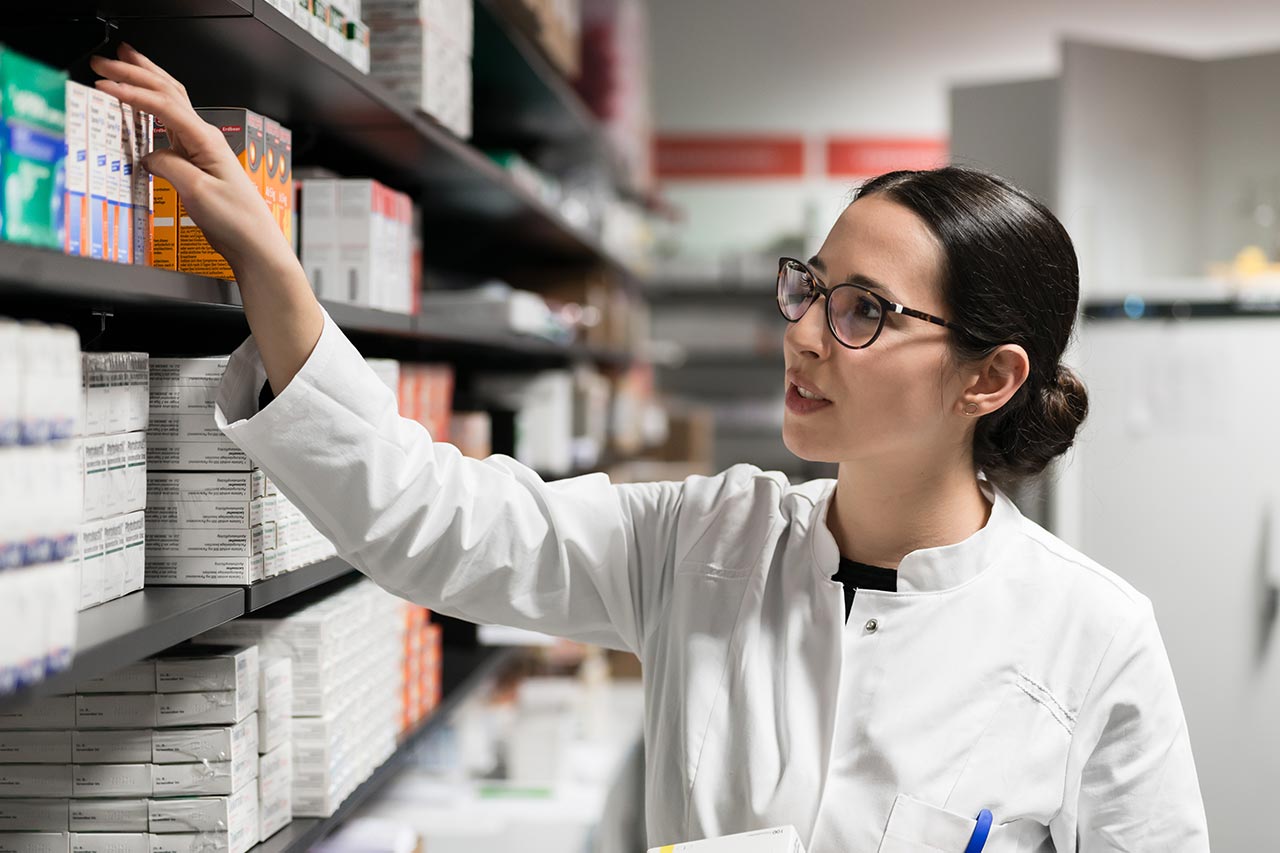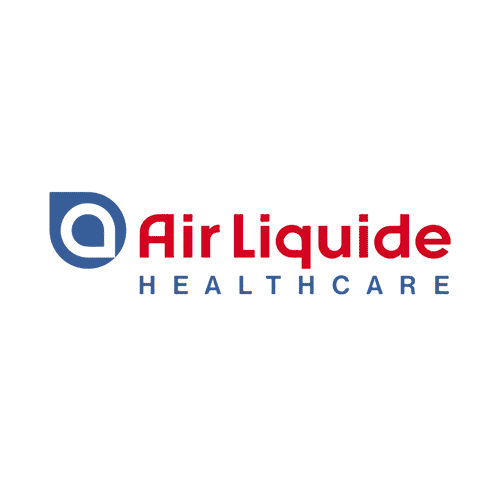
Consumer healthcare

Meet the needs of the growing consumer healthcare market
Our specialized team supports consumer healthcare players in their innovation and development projects to meet the challenges and seize the opportunities of this booming market.
They trust us


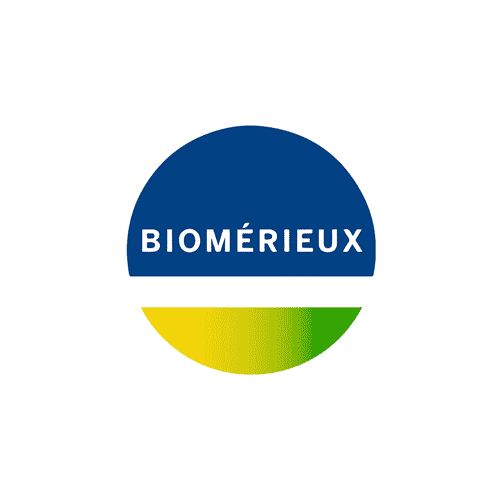


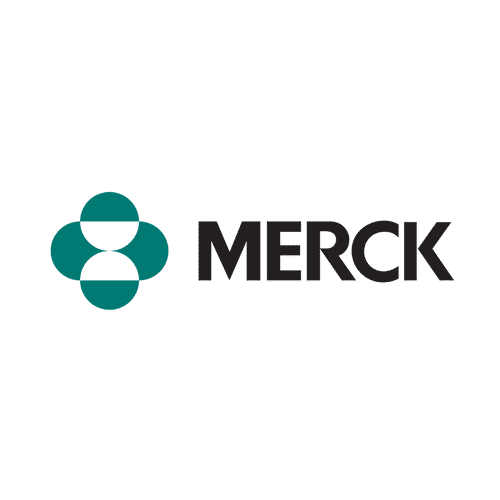

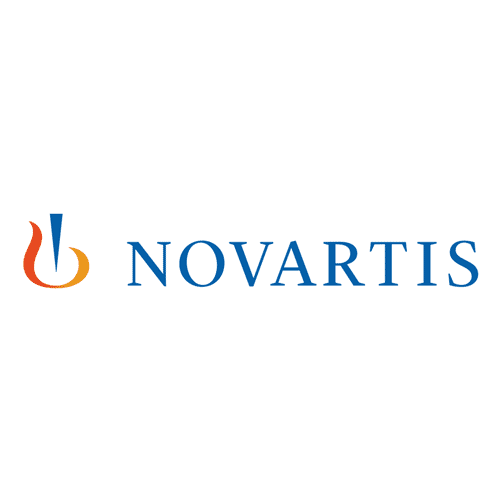

The challenges related to consumer healthcare
The CHC industry is booming, driven by an aging population, the multiplication of wellness-related products and services, the proliferation of health information sources, consumers’ desire to control their health and healthy aging.
This industry is growing worldwide: we predict a global CAGR of 9% within 3 years, driven by North America, Europe and Asia-Pacific. The arrival of a growing number of different players from the world of cosmetics, agrifood, FMCGs, start-ups, etc., as well as regulatory changes, the growing consumer appeal for digital technology and their ecological awareness, are shaping the challenges of this industry.
Proximity to the specific needs of consumers at the local level is a critical issue in consumer healthcare, in order to fully understand the expectations of the local market (like what is already made in agri-food) and to develop offers adapted accordingly.
How do we collect the voice of customers and integrate it into the development of offers more adapted to the local level? How do we develop organizational innovation models in a geographic R&D hub that remain aligned to local realities?
The rising prevalence of chronic diseases, which are defined by the WHO as “any health problem that requires management over a period of years or decades” is pushing governments and payers to invest in preventative care. At the same time, increasingly well-informed consumers are opting for more active management of their own health, and are turning to self-medication products capable of maintaining their state of health and well-being.
How do we imagine new preventative care solutions? How do we reposition products for the purpose of prevention? How do we imagine the new prevention business models and the operators to work with (insurers, etc.)?
The rise of new technologies gives more power to consumers; multiple solutions such as “wearables” (connected watches like the Apple Watch or even connected bands like Dreem, a bracelet that helps insomniacs get quality sleep) or teleconsultation, are becoming more common and allow consumers to find alternatives to the traditional approach to health care. Pharmaceutical laboratories and other players must therefore adapt and innovate to fit into this increasingly digital consumer healthcare journey.
What are the most relevant new technologies to continue to meet consumer needs? What integrated consumer health services or solutions should be offered? What type of player or company should we partner with, and how? What are the associated business models?
Among the major pharmaceutical groups, there is a tendency to separate CHC activities from the rest of the pharmaceutical activities, in order to refocus pharmaceutical activities on a restricted core business and give free rein to consumer healthcare teams to develop innovation and focus on these new consumer needs. After Sanofi and the creation of an independent Opella entity, it is GSK’s turn in 2022 to engage in this movement by creating Haleon. These changes are pushing players to rethink their growth and portfolio strategy, adjust their innovation cycles and overcome regulatory and technological barriers to create a unique value proposition and conquer their markets.
What value proposition can be developed to highlight the scientific history of a pharmaceutical laboratory while getting closer to the FMCG world with consumer healthcare? How do we unleash innovation in a purely CHC group?
How we support you in your projects related to consumer healthcare
Our team carries out more than 80 projects per year with our consumer healthcare clients, both globally and locally, from R&D to commercial operations (Open Innovation, Marketing, Medical, Consumer and Market Insights, Market Access, Strategy, etc. .).
We work for the pharmaceutical industry (Sanofi, Pfizer, GSK, etc.), CHC industrial players (Sanofi CHC, Expanscience, UPSA, etc.), cosmetics players (L’Oréal, Pierre Fabre, etc.), agri-food players (Danone, Nestlé, etc.) but also research centers, HealthTech players or national and European institutions.
Our unique approach is based on our ability to deploy Alcimed’s strengths: exploring complex and multi-sectoral themes, comparing different points of view, building new offers, imagining what does not exist today, drawing inspiration from what is done by others or in other fields, and capturing the voice of customers to feed the reflections.
We thus work on different types of projects: developing new offers, finding new partners, creating new models, mapping new technologies, exploring new geographies, deciphering new trends… and many more!
Examples of recent projects carried out for our clients in consumer healthcare
Study of trends and technologies in the allergy field for a CHC player
Our team supported our client in identifying opportunities in the field of allergy monitoring.
We have carried out a comprehensive study of existing solutions and trends in the field of allergy and air quality covering a large number of different technologies.
The results of our investigation made it possible to identify a start-up developing an appropriate air quality sensor to couple with a mobile application for monitoring allergies, and to imagine the best possible business model for our client.
Development of a new pharmacy consultation service offer for a consumer healthcare player
Our client wanted to develop a pharmacy consultation service offer in France.
To do this, our team first produced an overview of the pharmacy consultation offers available and analyzed their financing solution and their perception by pharmacists. We also capitalized on their feedback and identified the best practices to be put in place to operationally provide such a solution in pharmacies by overcoming the identified barriers.
Finally, the most interesting consulting offers for our client were developed in business cases and associated with their specific roadmap.
Study of the potential of the gut-brain axis in consumer healthcare
Our client wanted support in revitalizing its pain product based on the concept of the gut-brain axis.
Our support initially consisted in understanding the subject from a medical and scientific point of view, and in carrying out an objective state of the art. This made it possible not only to select the most relevant arguments for repositioning the drug in question in this field, but also to identify the key research players to go further. We then rewrote the associated product claims with the local internal marketing and medical teams in several workshops.
Our work finished with the development of a scientifically sound and impactful pitch.
Search for partners capable of producing natural melatonin
We supported one of our clients, a pharmaceutical company, in identifying and evaluating potential partners capable of providing natural alternatives to synthetic melatonin.
To do this, our team drew up a state of the art of patents and existing technologies and discussed with many experts to identify the technologies in development. We were thus able to use the results of our research to select the most appropriate actors to develop a partnership with our client and initiated the first contacts.
Opportunity evaluation in the " healthy aging " industry for a leader in the field of active ingredients
We helped a leading producer of ingredients for CHC nutrition products to decipher the ” healthy aging ” segment and identify opportunities to enter it.
To do this, we first characterized the market for ingredients (used in nutrition and health products) positioned in the field of healthy aging (segmentation, dynamics, regional trends). We then assessed and prioritized the health needs related to healthy aging (e.g. intestinal health, immunity, mobility, etc.), representing an opportunity for our customer. We drew on an analysis of scientific literature, market and competitor data, interviews with scientific experts and working sessions with our customer.
We thus enabled our customer to validate the opportunity to enter the healthy aging segment, by identifying four priority health needs on which to develop new ingredients adapted to the products sought by consumers.
Deciphering of the future of the probiotics market for a pharmaceutical player
We helped a pharmaceutical company with a flagship probiotic product in consumer healthcare to decipher the future of the probiotics market (in dietary supplements or OTC drugs) over the next 5 years.
To do this, we identified and characterized the research trends surrounding probiotics (in particular, the functional benefits most frequently studied – e.g.: role on intestinal health, immunity, stress, etc.) as well as the key players (research centers and scientific experts). We also analyzed the competitive environment, i.e. the positioning and strategy of food and biopharmaceutical companies offering probiotics. We based our analysis on scientific literature and public data on competitors, as well as interviews with experts.
On the basis of the key success and differentiation factors resulting from our investigation, we enabled our client to refine its current positioning (by reinforcing the health benefits of its flagship probiotic product) and define its future positioning (the health needs on which to develop new studies or new products over the next 5 years).
Exploring new business opportunities in women’s health and FemTech
One of our clients, a leading pharmaceutical company specialized in health products for the general public (consumer healthcare/OTC), wanted to explore new business opportunities for innovation and to strengthen their position as a market leader.
After a first phase of study of key market tendencies of CHC, we together identified women’s health as a key domain containing innovative and interesting opportunities for our client. We therefore supported them in the identification, characterization, and prioritization of players and innovations (solutions, products, and technologies) in the women’s health and FemTech markets in France. To do so, we carried a study of 37 start-ups including innovations in subjects such as menopause, menstruation, sexual health and perinatal health.
Finally, we evaluated the business opportunity for our client in innovations that we prioritized based on criteria such as level of innovation, synergy with our client’s activities, and potential for partnership.
Analysis of the regulatory framework for over-the-counter medicines for a dermo-cosmetics player
For a major player in dermo-cosmetic products, Alcimed carried out a regulatory analysis of over-the-counter medicines.
We carried out an in-depth study of the regulations surrounding OTC medicines and the various authorisations required to market such products. In the geographical areas under consideration – Europe, the United Kingdom, the United States and Canada – a study of the literature and interviews with regulatory experts and OTC manufacturers enabled us to decipher the marketing processes, the key components of authorisation dossiers and the pitfalls to be avoided.
Thanks to this work, we have highlighted the steps to follow, in particular the applications required and authorisations to be obtained in each of these geographies for a given type of product, making it possible to refine the Go-to-Market strategy.
You have a project?
To go further
Healthcare
What are the new offers to develop to adapt to the new consumer healthcare trends?
The consumer healthcare market is rapidly evolving. New needs and customer profiles are emerging. So what are the key consumer healthcare trends?
Cross-sector
Training for medical devices used at home: 4 key points to understand this need for personalized training
At home, medical devices are intended to be handled by the patient or their health professional, yet there is little training for there use today, even though medical devices are crucial in certain ...
Healthcare
The growing role of pharmacists within patients pathway: what implications for pharma companies?
The role of the pharmacist is growing in many European countries, not only for over-the-counter but also for prescription medications. Alcimed, an innovation & new business consulting firm, has ...
Founded in 1993, Alcimed is an innovation and new business consulting firm, specializing in innovation driven sectors: life sciences (healthcare, biotech, agrifood), energy, environment, mobility, chemicals, materials, cosmetics, aeronautics, space and defence.
Our purpose? Helping both private and public decision-makers explore and develop their uncharted territories: new technologies, new offers, new geographies, possible futures, and new ways to innovate.
Located across eight offices around the world (France, Europe, Singapore and the United States), our team is made up of 220 highly-qualified, multicultural and passionate explorers, with a blended science/technology and business culture.
Our dream? To build a team of 1,000 explorers, to design tomorrow’s world hand in hand with our clients.
Consumer Health Care, or CHC, brings together all the health products and self-medication services available over the counter (OTC), which are aimed at prevention through to the treatment of a pathology, including diagnosis and follow-up.
At Alcimed, we have identified four major trends shaping this consumer healthcare environment:
- Personalization, through data, which makes it possible to offer consumers increasingly personalized care centered on their needs. For example, the French company Cuure, which sells food supplements online, allows to receive personalized care products at home, based on responses to a questionnaire around their needs and goals.
- Holistic well–being, which makes it possible to act not only on physical health but also on mental needs and well beyond. For example, Withings has a personalized offer combining connected devices and mobile applications to collect and visualize patient data to improve their well-being and health.
- New consumption habits, which are changing data, particularly with the digitization accelerated by COVID-19. Many consumers turned to online health purchases, developing e-commerce, which should reach 1,000 billion dollars in 2022. For example, Amazon acquired PillPack, which launched a site offering the delivery of packaged and dosed drugs. The platform is based on in-house software that manages patient data and balances drug doses in a secure way for its customers. We can also mention the growing use of teleconsultation, brought in France by the unicorn Doctolib or the Polish DocPlanner.
- Finally, consumers are increasingly aware of their ecological impact, which is becoming an essential element in the consumer healthcare Many customers change their purchasing behavior based on sustainability factors: they are looking for alternative natural plant-based options, products that are more transparent in terms of ingredient origin and composition with reduced environmental impact. Not only are customers proactively looking for sustainable options, they are increasingly willing to pay for them. In addition, the B Corp label, certifying environmental commitment, is gaining more and more importance in France, and Laboratories Expanscience and Chiesi are the first in the world to carry this certification.
The size of the market in 2023 is estimated at between $509 and $538 billion. It includes:
- over-the-counter (OTC) medicines and medical devices,
- personal care products (for oral and dental health, skin care, etc.),
- dietary supplements, vitamins and minerals.


